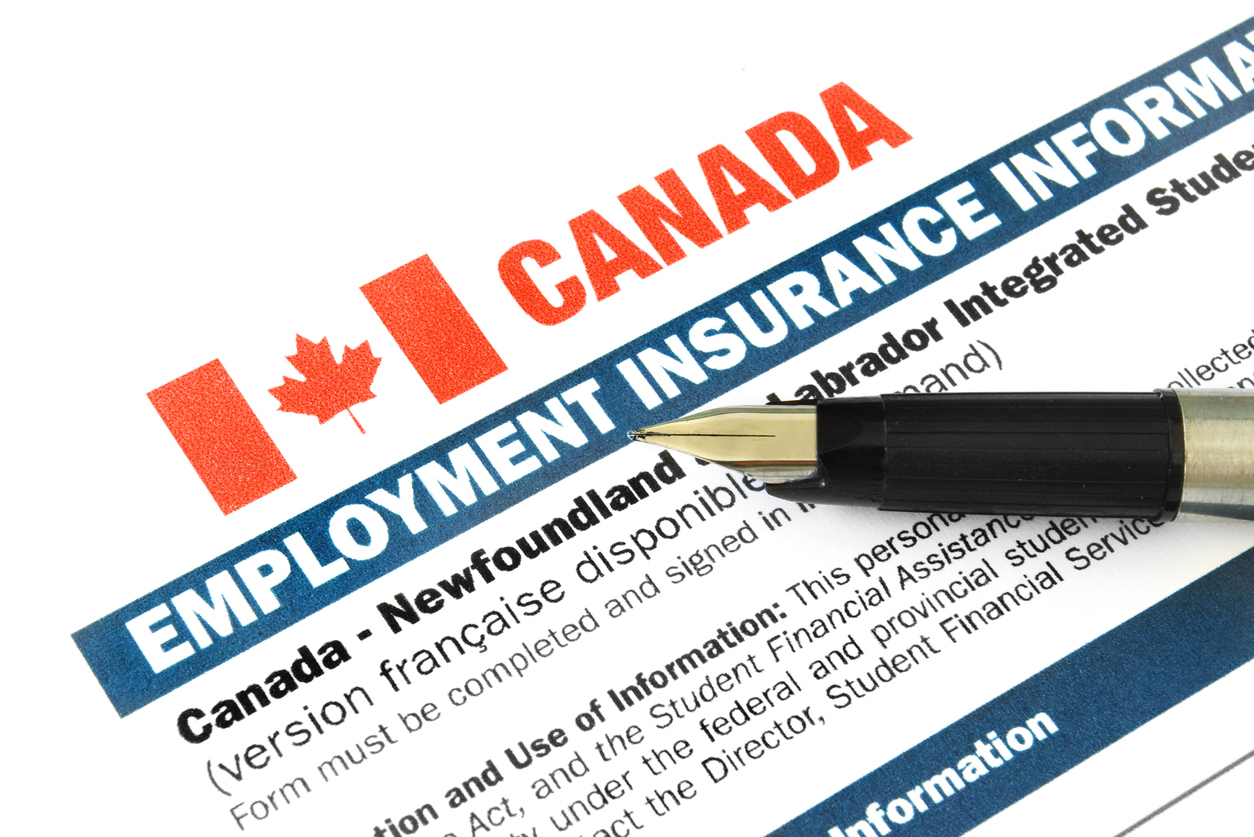Living with Chronic Pain
What Are Employment Insurance Sickness Benefits?

Sickness, injury and quarantine can cause someone to be unable to work that would otherwise have the ability. If this occurs, Canadians may be able to apply for the Employment Insurance (EI) program, which offers temporary financial assistance for up to 15 weeks. EI may supplement 55% of normal earnings, with a maximum of $638 per week (effective January 1, 2022).
Qualifications
As aforementioned, a person must be quarantined, sick, injured, or have a different medical issue that renders them unable to work. A medical certificate must be presented to prove the inability to work. Other requirements include the following:
- Paid EI premiums
- Decreased weekly earnings of more than 40%
- Accumulation of at least 600 insured hours in the past 52 weeks
All sick leave credits offered by the employer must be used before a person is eligible for EI sickness benefits. Receiving Workers’ Compensation (Workplace Safety and Insurance Benefits) typically disqualifies a person from receiving EI sickness benefits; although, other kinds of EI benefits, such as maternity or parental benefits, do not. EI sickness benefits can also be applied for by Canadians who are self-employed and have signed up to pay into EI.
How to apply
An online application must be filled out to receive employment insurance sickness benefits. This should be done as soon as possible after a person stops working. Waiting more than four weeks could put an individual at risk of losing benefits. Even if an employer has not issued a Record of Employment (ROE), an application must be filled out quickly. The website gives step-by-step instructions for completing the application.
Personal information to have available while completing the application includes the following:
- Complete banking information (financial institution name and number, branch number, account number)
- Social Insurance Number and proof of immigration status or work permit (if applicable)
- Mailing and residential addresses, including postal codes (if no usual residence, the application must be made in person at a local Service Canada Center)
- Mother’s maiden name
- Medical certificate proving inability to work
Employment information for current and/or past employees to have available while completing the application includes the following:
- Detailed version of the facts if an individual quit or was dismissed from a job in the last 52 weeks
- Names and addresses of all employers for the past 52 weeks, in addition to the dates of employment and reason for separation
- Dates (Sunday to Saturday) and earnings for each of the highest-paid weeks of insurable income in the last 52 weeks or since the beginning of the most recent EI claim (whichever is shorter)
Self-employed individuals will need the following:
- A medical certificate
- Net self-employment earnings from the previous tax year
After applying
Once eligibility is determined, it will take approximately 28 days for the first payment to arrive after completion of the application and submission of all required documents. If eligibility is denied, a letter will be sent or a phone call will be received with an explanation. A request for reconsideration may be submitted to contest the decision.
There is a one-week waiting period where no payment will be made, much like a deductible that is paid for other types of insurance. This period may be waived if sick leave is paid from an employer after the last day worked, or if receiving group insurance payments. The waiting period may be served during the last week EI benefits are paid if receiving group insurance payments.
While on EI benefits, a report must be submitted every two weeks to show current eligibility and ensure benefits received are appropriate for the case. In order to make these reports, a person will need their SIN and four-digit access code.
If an individual recovers sooner or requires more time off work than initially projected, the government must be notified.
An Absence from Canada form must be filled out if a person travels outside of Canada. Generally, a person is not eligible for sickness benefits unless they remain in Canada, although travel for medical treatment may be an exception.
Additional source: Legal Line


















